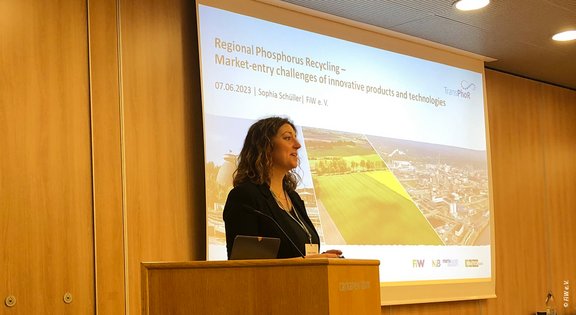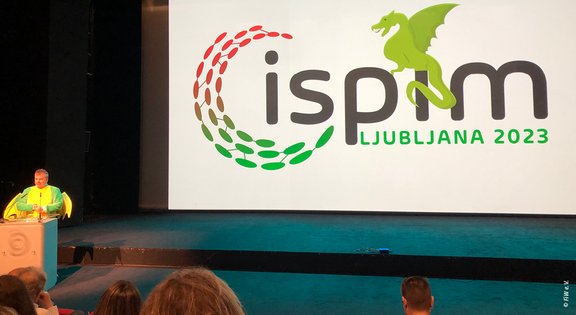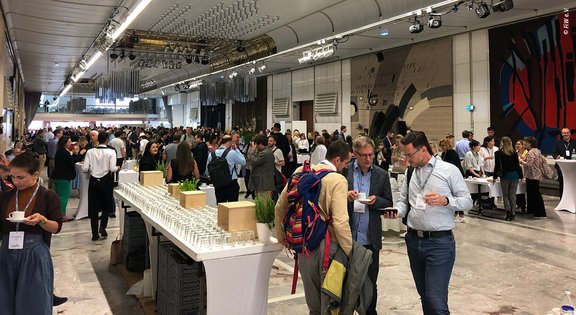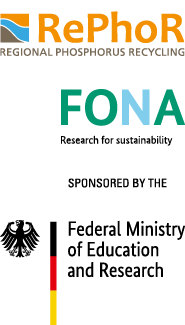Phosphorus recycling in innovation management – TransPhoR contribution at the ISPIM Innova-tion Conference in Ljubljana
The scientific accompanying project presented the BMBF funding measure Regional Phosphorus Recycling (RePhoR) and discussed potential barriers to market entry of wastewater-derived phosphorus recyclates in the context of innovation management.
The ISPIM Innovation Conference is held annually in varying locations around the world and this year was the 34th time it was organized and held in Ljubljana, Slovenia, in collaboration with regional stakeholders. The organizer is ISPIM (International Society for Professional Innovation Management), which is concerned with the generation of innovative products, processes and services and their market entry and networks members with each other.
With this year's focus of the event on Circular Economy, phosphorus recycling fitted right in. Therefore, in the block "EU Projects" Sophia Schüller was able to present the funding measure Regional Phosphorus Recycling (RePhoR) on June 7th and discuss challenges for market entry, e. g. legal issues. The session was moderated by Katrin Reschwamm (EUrelations AG).
Phosphorus is an essential and non-substitutable building block in all living things and is mainly needed as fertilizer for high-yield agriculture. The finite phosphate reserves are limited to a few, partly politically unstable regions in the world and are increasingly contaminated. Germany, like almost all countries in the European Union (EU), has no raw phosphate deposits of its own and is therefore completely dependent on imports. This leads to major risks in terms of security of supply and vulnerability to price fluctuations. Phosphorus was therefore placed on the list of critical raw materials by the EU back in 2014, which is intended to provide an incentive for recycling activities. The recovery of phosphorus from P-rich waste streams such as wastewater and sewage sludge plays an important role in securing future supplies.
Within the BMBF-funded measure Regional Phosphorus Recycling (RePhoR), large-scale recovery is therefore being implemented and supported in seven joint projects. Various obstacles hinder the market entry of fertilizer recyclates. These include inconsistent or unclear legal regulations on pollutant limits, the certification process, but also factors such as the social acceptance of new products. The public perception of a recycled fertilizer from wastewater as "unclean" can only be shifted slowly towards sustainability through rebranding and requires a targeted market entry strategy.
The conference offered an exciting insight into innovation management and new impulses for the project, which are now being processed in the follow-up.









